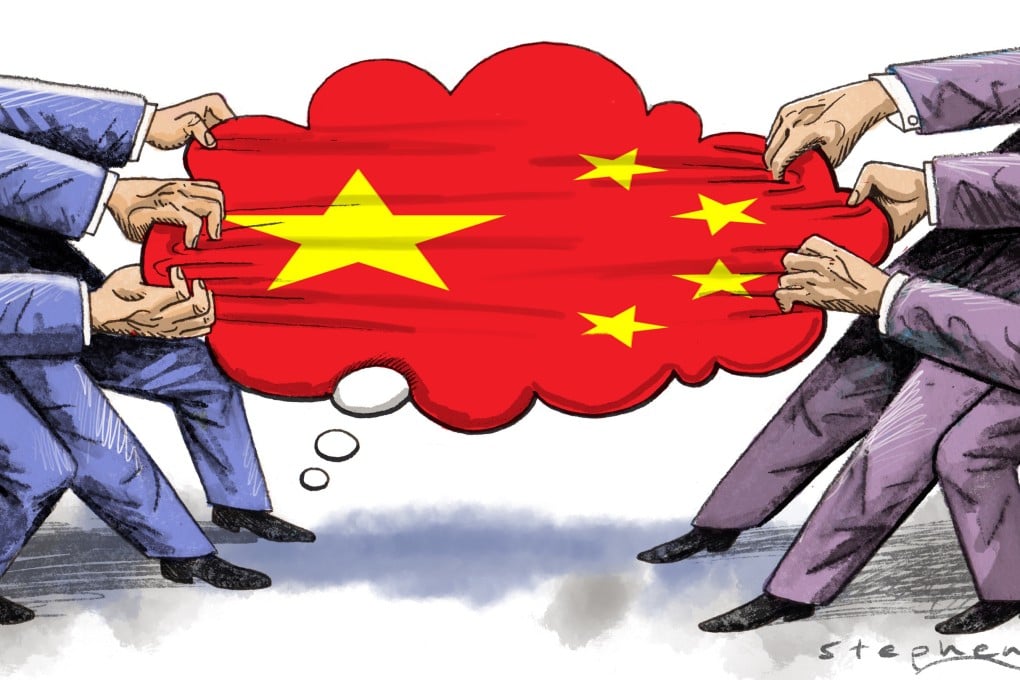Advertisement
China Briefing | Xi’s Chinese dream is in danger of being hijacked by ultra-left nationalism
- The ultra-leftist revival threatens Xi’s plans to revive the economy and turn China into a dominant world power by 2049
- It’s time to curb these ultra-nationalistic tendencies and return to pragmatic reform and development
Reading Time:4 minutes
Why you can trust SCMP
89

Since its inception in 1921, China’s Communist Party has lurched between ultra-left radicalism and pragmatism, bringing about alternating tragedies and triumphs.
In the first 30 years of the People’s Republic, Mao Zedong’s erroneous emphasis on ideology and class struggle, fanned by ultra-leftist nationalism, produced catastrophic consequences.
In the late 1970s, Deng Xiaoping ended the disastrous Cultural Revolution and adopted an open-door policy, which put China on the track of reform and opening up, and which paved the way for its economic lift-off.
Mindful of the devastating results of policies such as the Great Leap Forward and Anti-Rightist Campaign, Deng repeatedly warned that the party should primarily guard against ultra-leftist tendencies, even as it should be vigilant against turning to the right. Wary of the constant debate of socialism vs capitalism over the use of foreign technology and the development of the private economy, he came up with the phrase bu zheng lun (let’s dispense with theoretical debate), to focus the party’s attention on growing the economy.
Deng’s successors Jiang Zemin and Hu Jintao have followed his doctrine by expanding the role of market forces while keeping a low profile for China on the international stage.
Jiang came up with his own phrase to summarise his style of governance, men sheng fa da cai (keeping quiet will help you make a fortune), while Hu’s is shorter – bu zhe teng (this has many meanings but usually, don’t flip-flop or don’t dither).
Advertisement
